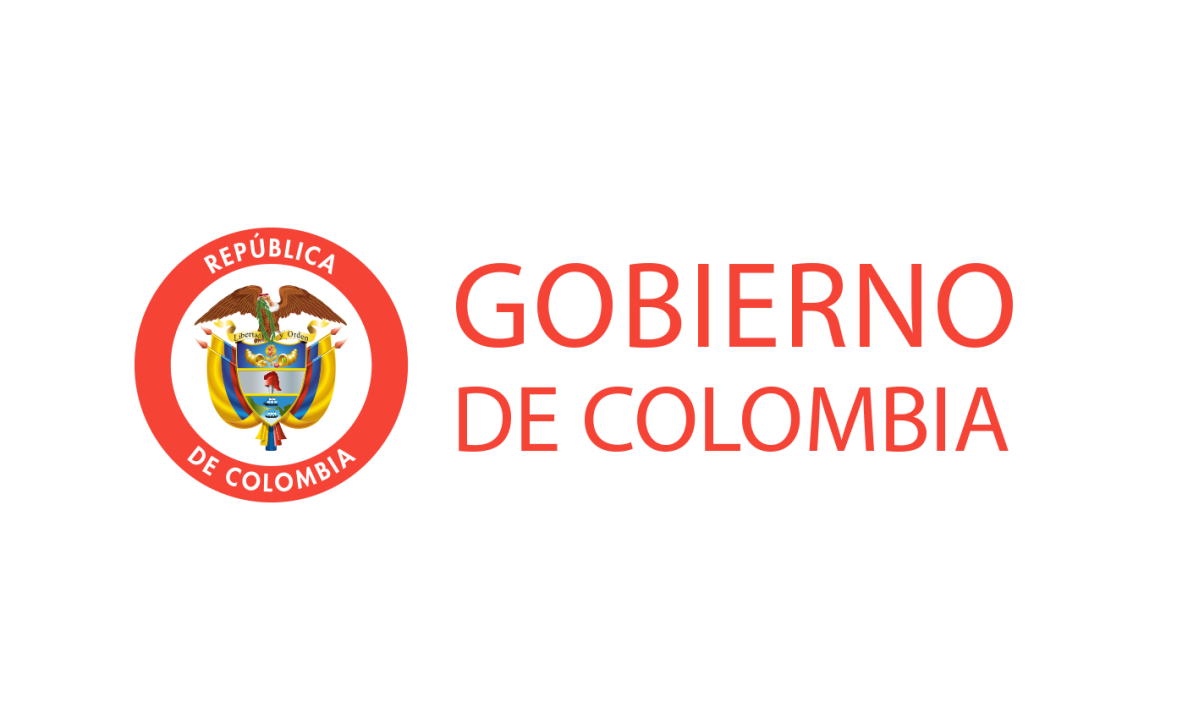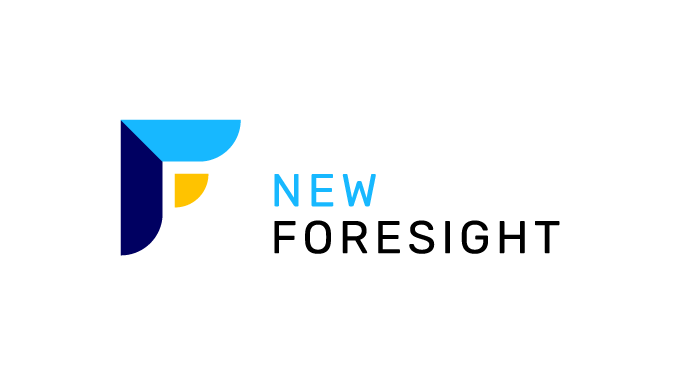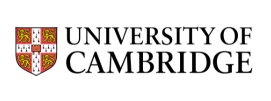The Valuing Water Initiative calls for the many values of water to be recognized in decision-making to ensure we can live in a sustainable water-secure world. Inspired by the Valuing Water Principles, we work collaboratively with people across systems and sectors to better understand, value and manage water.
The five valuing water principles
This is what we do
We implement the valuing water principles in already existing water decision-making processes in these regions:
We place the multiple values of water higher on the agenda in:
Valuing water means recognising and empowering under-represented groups in water decision-making processes:
Tools & Research

Tools
How do you value water? Click here to find out.

Research
Here you find research regarding valuing water.

Courses
We are developing a course. Coming soon…

















